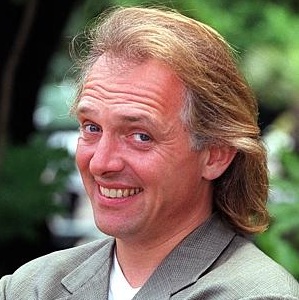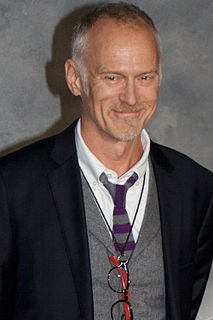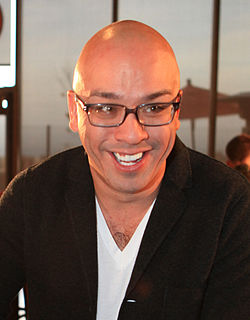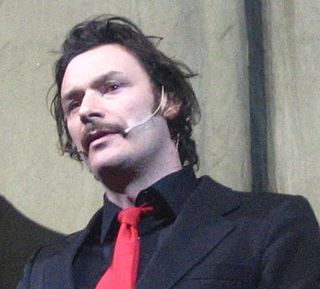A Quote by Rik Mayall
When I was young, I saw some of my heroes doing it on the telly. We're talking about Spike Milligan, Peter Sellers, Arthur Lowe, Ian McKellan, Kenneth Williams. These were all guys telling stories to me.
Related Quotes
The Goons were always one of our favourites; we always felt we were in that tradition - Goons, Monty Python, Peter Cook, Vic and Bob, Spike Milligan. We felt we were part of that lineage, but in England, it wasn't happening like that. There was a brand of comedy like 'The Office,' which was very real.
I was a young feminist in the '70s. Feminism saved my life. It gave me a life. But I saw how so much of what people were saying was not matching up with what they were doing. For example, we were talking about sister solidarity, and women were putting each other down. We were talking about standing up for our rights, and women weren't leaving abusive relationships with men. There were just so many disconnects.
I was at a book convention, in a cab. On one side of me was Arthur Schlesinger; on the other side was William Manchester - real heavyweights. All they were doing was asking me about Charles Manson. The only thing that enables me not to be bored is the people talking about it - they're so interested.
The film-maker Alejandro Jodorowsky - his films are hard to watch - they're so dense and rich - but they're probably the best things ever made. And Spike Milligan, who was light years ahead of the rest - I played some of his stuff to Jack Black once. He'd never heard of him, so watching him listen to Spike for the first time was just hilarious.
When we just saw that man, I think it was Mr. Myers, talking about how great scientists were, I was thinking to myself the last time any of my relatives saw scientists telling them what to do they were telling them to go to the showers to get gassed. That was horrifying beyond words, and that's where science - in my opinion, this is just an opinion - that's where science leads you.
I did an embed in Afghanistan on the Pakistan border in 2008. One of the things you realize when you're talking to low-ranking enlisted men is that no one listens to them. So when I showed up they loved having someone to talk to. That's a real privilege for me. The guys on the ground are the guys I care about. I've had the most satisfaction telling their stories. There is trust and there is stuff that you learn to hold back, especially when you're dealing with younger guys or lower ranking officers. That's different from the top brass who are basically just politicians anyway.
































